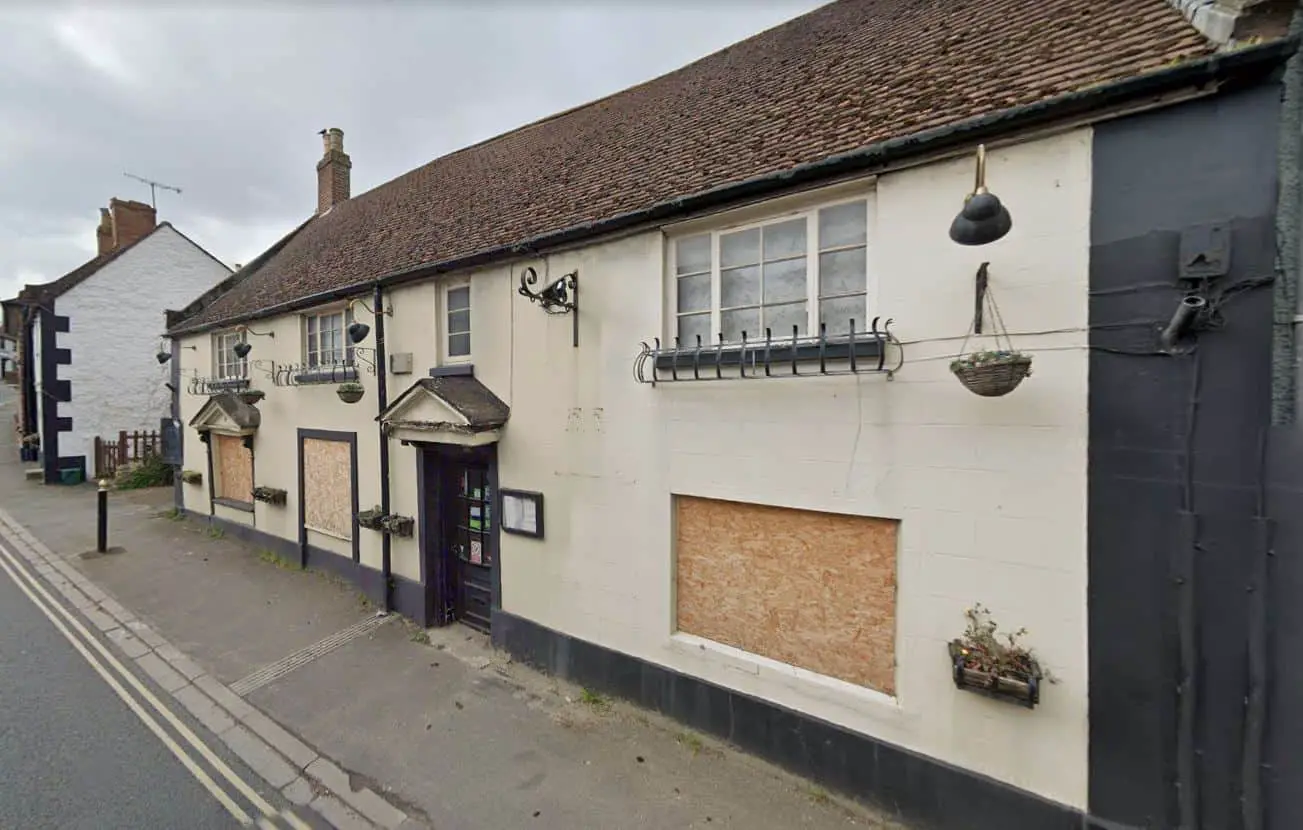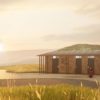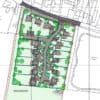An Isle of Wight pub can now be turned into houses, but developers will be keeping a close eye out for buried treasure.
Underneath the Kynges Well on Brading High Street, studies have shown there is a high potential for Saxon, Medieval, 17th and 18th Century archaeological deposits and medium potential for Bronze Age and Roman finds.
Groundworks must be watched
While permission has been granted by the Isle of Wight council to convert the Grade II listed pub into two houses, the authority has told its owner, Mr D Hopkinson, any groundwork undertaken must be watched to ensure archaeological remains are identified, investigated and recorded.
The pub has been closed since the start of 2020, but is falling into disrepair and is said to be a blot on the landscape by those behind the plan, and there was ‘no prospect’ of it returning to its previous use.
11 conditions
The authority issued permission for the development last week, subject to 11 conditions, despite objections to the plans calling for it to be opened up to the benefit of the town and saying it was an integral part of the town’s character.
Other comments submitted to the planning authority, however, said bringing the building back into use would enhance the street scene and another pub on the High Street would not be commercially viable among the other existing businesses.
No serious offers made
The pub was marketed for several months with Gully Howard, the council has said, but no serious offers were made and significant investment is required to upgrade the business which is likely to deter buyers.
In its decision report, the council said the proposed conversion of the building is considered an acceptable viable use and would support the delivery of new homes to meet local housing needs.
Less than substantial harm
The division of the listed building into the two houses is only likely to impact the historic timber, plasterwork and stone fabric – which is classed as less than substantial harm.
Original features, like the historic beams, fireplaces and a well in one of the front rooms, would be preserved.
Rear outbuildings, built in the 1980s and ‘not of historic merit’ would be demolished to make way for private gardens, a single-storey extension and parking spaces.
This article is from the BBC’s LDRS (Local Democracy Reporter Service) scheme, which News OnTheWight is taking part in. Some alterations and additions may have been made by OnTheWight. Ed





